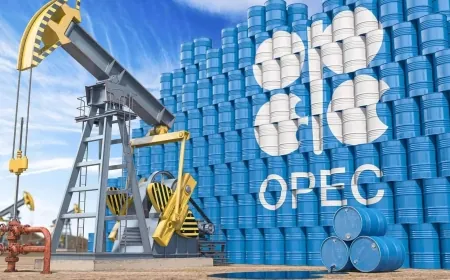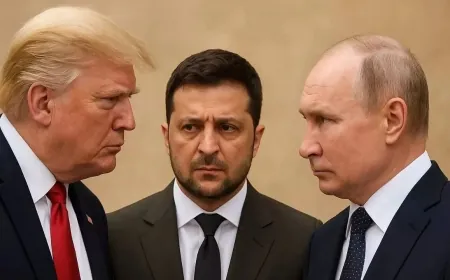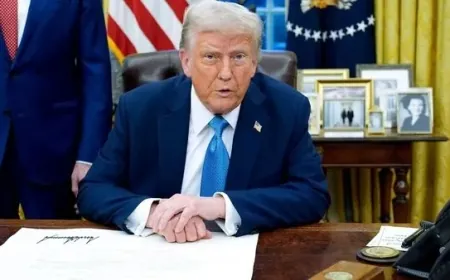Oil Prices Rise as U.S.–China Extend Tariff Truce; Traders Watch Trump–Putin Talks
Brent crude nears $67 as U.S.–China extend tariff truce, Fed rate cut hopes rise, and markets eye Trump–Putin meeting on Ukraine and Russian oil sanctions.

Oil prices rose on Tuesday after the United States and China agreed to extend their pause on higher tariffs, easing fears of a renewed trade war between the world’s two largest economies. The move gave markets a confidence boost and helped steady expectations for global fuel demand.
By 05:40 GMT, Brent crude futures were up 27 cents, or 0.4%, at $66.90 a barrel, while U.S. West Texas Intermediate crude futures gained 24 cents, or 0.4%, to $64.20. President Donald Trump approved a 90-day extension to the current tariff truce, avoiding a potential surge in duties that could have hit Chinese imports during the crucial holiday shopping season.
Analysts said the extension provided short-term relief for energy markets by removing an immediate threat to global economic growth. Priyanka Sachdeva, senior market analyst at Phillip Nova, noted that the decision signaled “both sides are still talking instead of escalating — that’s important for demand stability.”
Oil also found support from fresh signs of softness in the U.S. labor market, which lifted expectations of a Federal Reserve interest rate cut in September. Lower borrowing costs could stimulate industrial activity and consumer spending, boosting energy consumption. Investors are now awaiting U.S. inflation data later in the day, which could influence the Fed’s decision-making.
Geopolitical developments remain a key driver, with traders closely watching Friday’s planned meeting between Trump and Russian President Vladimir Putin in Alaska. The talks aim to find a resolution to the war in Ukraine, with Washington warning that failure could trigger secondary sanctions on countries buying Russian oil, including China and India. Trump has also threatened to impose additional tariffs on Beijing if it continues importing large volumes of Russian crude.
While the immediate risk of sanctions has eased ahead of the talks, analysts caution that any breakdown in negotiations could quickly reignite market tensions. ANZ senior commodity strategist Daniel Hynes said a peace agreement could remove a major geopolitical risk from oil prices, but added that “if talks fail, sanctions could come roaring back as a market driver.”
Also Read: OPEC+ Set to Increase Oil Production by 548,000 Barrels in September































































